
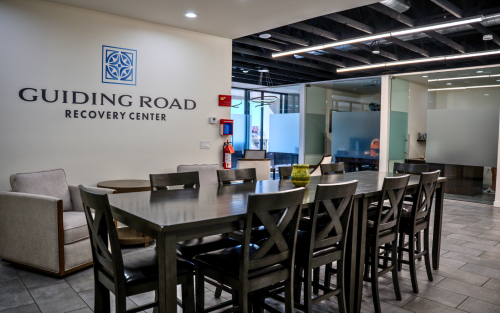







Guiding Road Recovery Center
Verified Center
This provider's information has been quality-checked by Recovery.com's Research Team for accuracy and completeness, including center verification through appropriate third-party organizations.
Treatment Focus
This center treats substance use disorders and co-occurring mental health conditions. Your treatment plan addresses each condition at once with personalized, compassionate care for comprehensive healing.
Primary Level of Care
Treatment Focus
This center treats substance use disorders and co-occurring mental health conditions. Your treatment plan addresses each condition at once with personalized, compassionate care for comprehensive healing.
Primary Level of Care
Provider's Policy
At Guiding Road Recovery Center, their caring admissions specialists will support you throughout the process and explore different financial options, such as private pay and insurance coverage. Their admissions team can discuss financial assistance options, such as sliding-scale fees or payment plans, to ensure access to treatment without financial barriers.
Guiding Road Recovery Center
Guiding Road Recovery Center
About Guiding Road Recovery Center
Guiding Road Recovery Center empowers men to achieve long-term sobriety with treatment focused on relapse prevention, men’s issues, and inclusive family sessions. Their program is small and personal: the owner, clinical director, and staff are hands-on and deeply invested in each man’s journey. Treatment includes on-site boarding, allowing clients to remain immersed in treatment while beginning to rebuild their lives and show up more fully as fathers, partners, brothers, and friends.
Address Addiction from All Angles
Guiding Road combines science and spirituality to address the whole person, including the underlying factors that contribute to addiction, such as mental health challenges and relationship patterns. Drawing from a wide range of methods, clients engage in evidence-based therapies like cognitive behavioral therapy (CBT) and body-based practices like tension and trauma releasing exercises (TRE). Additionally, each client is matched with a mentor who provides guidance and accountability throughout the recovery process.
Recharge in a Distraction-Free Space
Located in the foothills of Squaw Peak Preserve, Guiding Road provides a peaceful setting designed to feel like a home, not a hospital. Clients stay in shared rooms with Tempur-Pedic beds and enjoy quiet study areas, a movie room, a gourmet kitchen, an infrared sauna, and a fully equipped gym. Outdoors, the pool and fire pit create moments for rest and connection, surrounded by the natural beauty of the mountains.
Plan to Maintain Sobriety After Treatment
Guiding Road offers aftercare services to help clients maintain sobriety and navigate challenges for a year after treatment. When leaving the facility, Guiding Road provides a comprehensive plan to support the transition back into everyday life, which may include relapse prevention strategies, mentorship, ongoing therapy, case management, support groups, referrals to community resources, and access to the alumni network.

Highlights from the Center
Highlights
These highlights are provided by and paid for by the center.
Holistic Approach
Mental Health Disorder Treatment
Men Only
Trauma Treatment
Center Overview
Treatment Focus
This center treats substance use disorders and co-occurring mental health conditions. Your treatment plan addresses each condition at once with personalized, compassionate care for comprehensive healing.
Joint Commission Accredited
The Joint Commission accreditation is a voluntary, objective process that evaluates and accredits healthcare organizations (like treatment centers) based on performance standards designed to improve quality and safety for patients. To be accredited means the treatment center has been found to meet the Commission's standards for quality and safety in patient care.
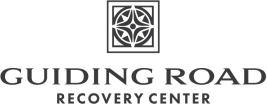
Guiding Road Recovery Center
Insurance Accepted

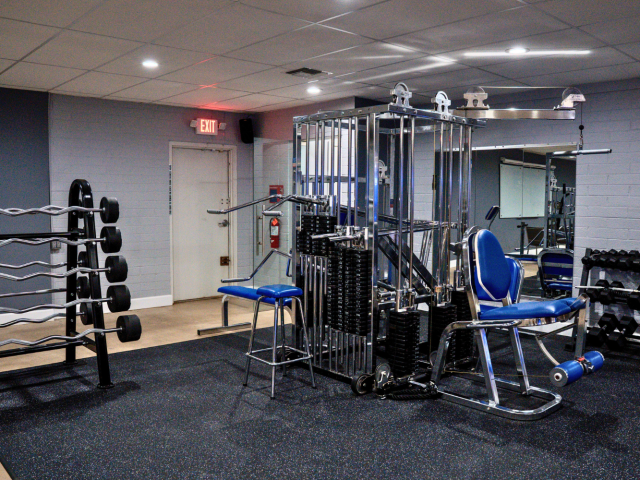
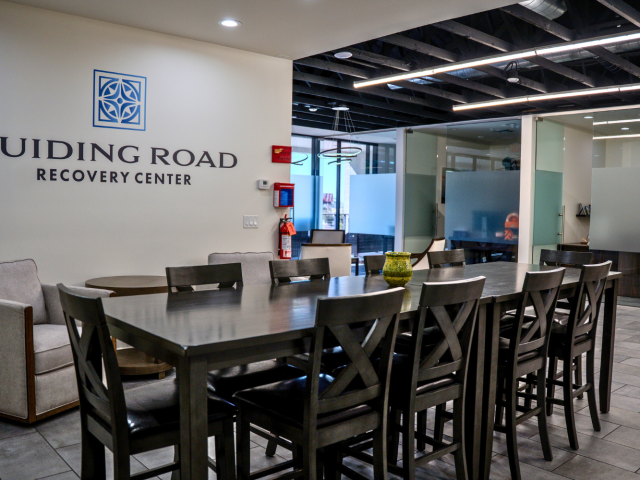

Recovery.com Verified Listing
Recovery.com verified that the name, location, contact information and license to operate for this treatment provider are valid and up-to-date.

Licensed by Arizona DHS
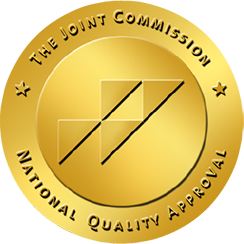
Joint Commission Accredited
Recovery.com is an independent, third-party mental health resource. Verification does not imply endorsement and does not guarantee the quality of treatment services.
Meet Your Care Team
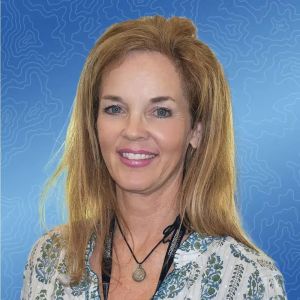
Karen Williams
Chief Clinical Officer
LPC
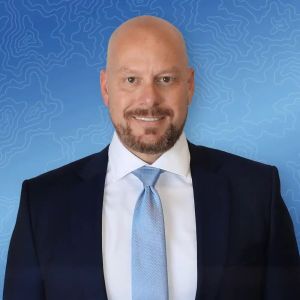
Bobby Boykin
Executive Director
MS, LASAC, CRS

Alexander Jimenez
Case Manager
American Red Cross Trainer Certification
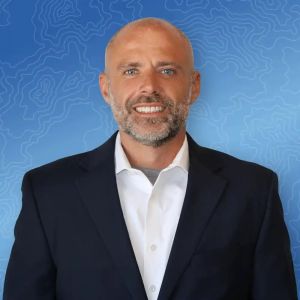
Mark North
Founder & CEO

Jennifer North
Director of Administration

Sead Hasic
Chief Outreach Officer
Your Care Options
Specializations
Co-Occurring Disorders
A person with multiple mental health diagnoses, such as addiction and depression, has co-occurring disorders also called dual diagnosis.
Drug Addiction
Drug addiction is the excessive and repetitive use of substances, despite harmful consequences to a person's life, health, and relationships.
Executives
Executive treatment programs typically directly support the needs of people who manage businesses and may provide flexible schedules and office space to allow work during treatment.
Trauma
Some traumatic events are so disturbing that they cause long-term mental health problems. Those ongoing issues can also be referred to as "trauma."
Alcohol
Using alcohol as a coping mechanism, or drinking excessively throughout the week, signals an alcohol use disorder.
Who We Treat
Treatment Services
Transitional Living
After rehab, some people stay in a transitional living situation before returning home. These programs offer structure, education, and community support.
Residential
In a residential rehab program, patients live onsite, with access to daily treatment and 24-hour care. An average stay is 30-90 days.
Outpatient
During outpatient rehab, patients attend a structured treatment program while continuing to live at home.
Intensive Outpatient Program
In an IOP, patients live at home or a sober living, but attend treatment typically 9-15 hours a week. Most programs include talk therapy, support groups, and other methods.
Approaches
Personalized Treatment
The specific needs, histories, and conditions of individual patients receive personalized, highly relevant care throughout their recovery journey.
Holistic
A non-medicinal, wellness-focused approach that aims to align the mind, body, and spirit for deep and lasting healing.
Evidence-Based
A combination of scientifically rooted therapies and treatments make up evidence-based care, defined by their measured and proven results.
Therapies
Spiritual Care
Tending to spiritual health helps treatment become more effective, allowing patients to better cope with their emotions and rebuild their spiritual wellbeing.
1-on-1 Counseling
Patient and therapist meet 1-on-1 to work through difficult emotions and behavioral challenges in a personal, private setting.
Psychoeducation
This method combines treatment with education, teaching patients about different paths toward recovery. This empowers them to make more effective decisions.
Art Therapy
Visual art invites patients to examine the emotions within their work, focusing on the process of creativity and its gentle therapeutic power.
Trauma-Specific Therapy
This form of talk therapy addresses any childhood trauma at the root of a patient's current diagnosis.
Meditation & Mindfulness
A practiced state of mind that brings patients to the present. It allows them to become fully aware of themselves, their feelings, and the present moment.
Conditions We Treat
Post Traumatic Stress Disorder
PTSD is a long-term mental health issue caused by a disturbing event or events. Symptoms include anxiety, dissociation, flashbacks, and intrusive thoughts.
Anxiety
Anxiety is a common mental health condition that can include excessive worry, panic attacks, physical tension, and increased blood pressure.
Depression
Symptoms of depression may include fatigue, a sense of numbness, and loss of interest in activities. This condition can range from mild to severe.
Personality Disorders
Personality disorders destabilize the way a person thinks, feels, and behaves. If untreated, they can undermine relationships and lead to severe distress.
Bipolar
This mental health condition is characterized by extreme mood swings between depression, mania, and remission.
Substances We Treat
Cocaine
Cocaine is a stimulant with euphoric effects. Agitation, muscle ticks, psychosis, and heart issues are common symptoms of cocaine abuse.
Prescription Drugs
It's possible to abuse any drug, even prescribed ones. If you crave a medication, or regularly take it more than directed, you may have an addiction.
Benzodiazepines
Benzodiazepines are prescribed to treat anxiety and sleep issues. They are highly habit forming, and their abuse can cause mood changes and poor judgement.
Co-Occurring Disorders
A person with multiple mental health diagnoses, such as addiction and depression, has co-occurring disorders also called dual diagnosis.
Psychedelics
Hallucinogenic drugs—like LSD—cause euphoria and increased sensory experiences. When abused, they can lead to depression and psychosis.
Heroin
Heroin is a highly addictive and illegal opioid. It can cause insomnia, collapsed veins, heart issues, and additional mental health issues.
Synthetic Drugs
Synthetic drugs are made in a lab, unlike plant-based drugs like mushrooms. Most synthetic drugs are either stimulants or synthetic cannabinoids.
Methamphetamine
Methamphetamine, or meth, increases energy, agitation, and paranoia. Long-term use can result in severe physical and mental health issues.
Opioids
Opioids produce pain-relief and euphoria, which can lead to addiction. This class of drugs includes prescribed medication and the illegal drug heroin.
Languages
Aftercare
Care Designed for Your Needs
Personal Amenities
Amenities
Special Considerations
Young Adults Program
Programs for young adults bring teens 18+ together to discuss age-specific challenges, vocational and educational progress, and successes in treatment.
Gender-specific groups
Patients in gender-specific groups gain the opportunity to discuss challenges unique to their gender in a comfortable, safe setting conducive to healing.
Religion-Based Track
Patients can join faith-based recovery tracks to approach recovery with others in their faith, healing in a like-minded group with similar goals.
Learn More About the Center
A Day at Guiding Road
Review a typical morning, afternoon, and evening during treatment.
Holistic Therapies
Check out a list of Guiding Road’s activities that heal mind, body, and spirit.
Does Insurance Cover Rehab?
Understand how insurance typically applies to rehab costs and what coverage details often surprise families.
Withdrawal Symptoms: What to Expect and How to Manage Them
Recognize common withdrawal symptoms and learn why preparation and support shape safer early recovery.





